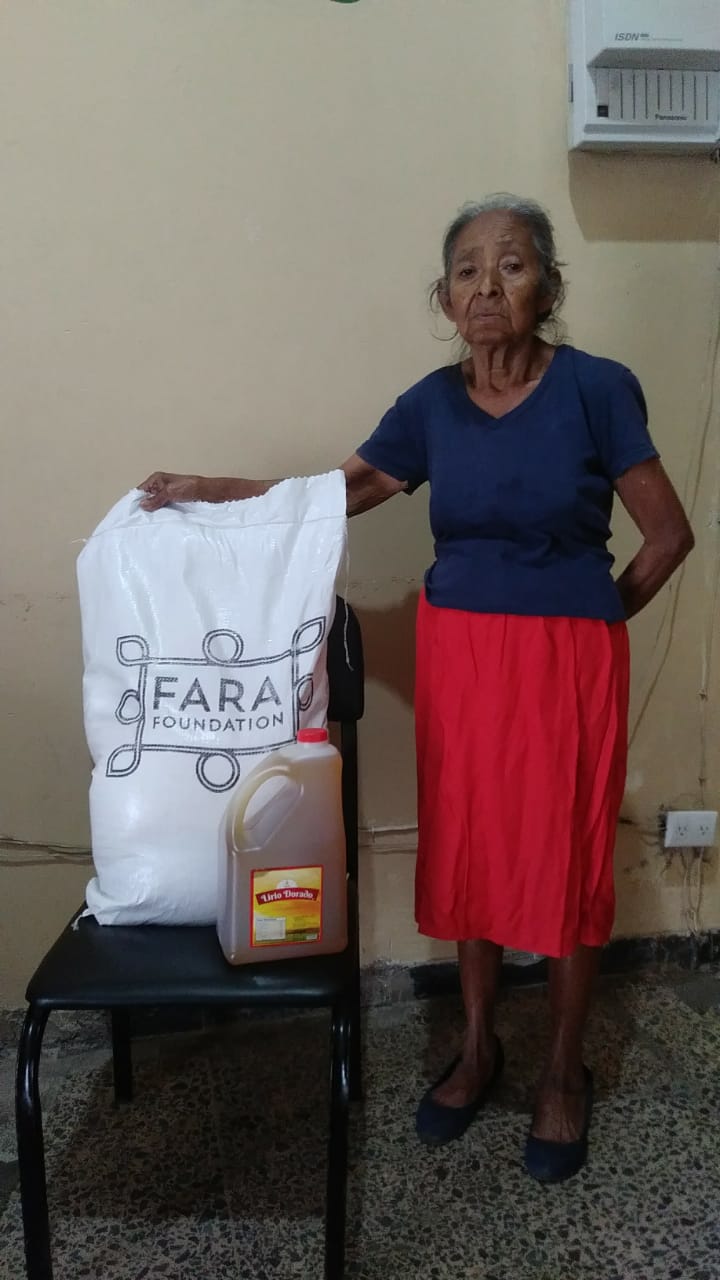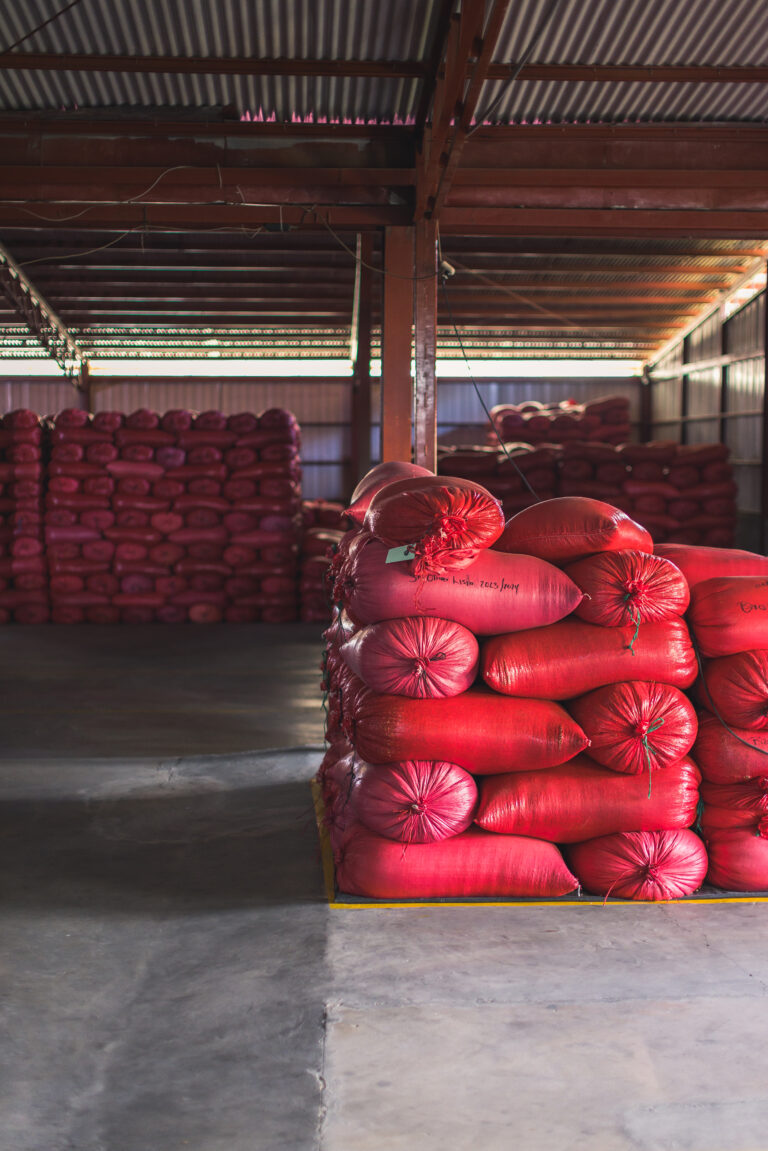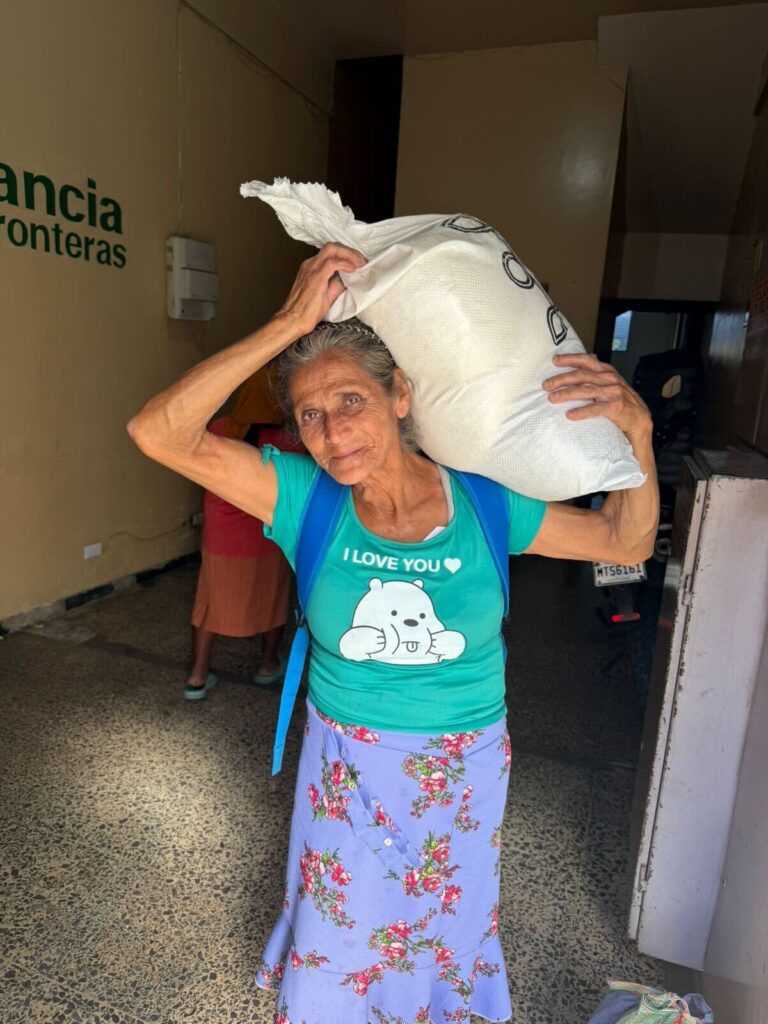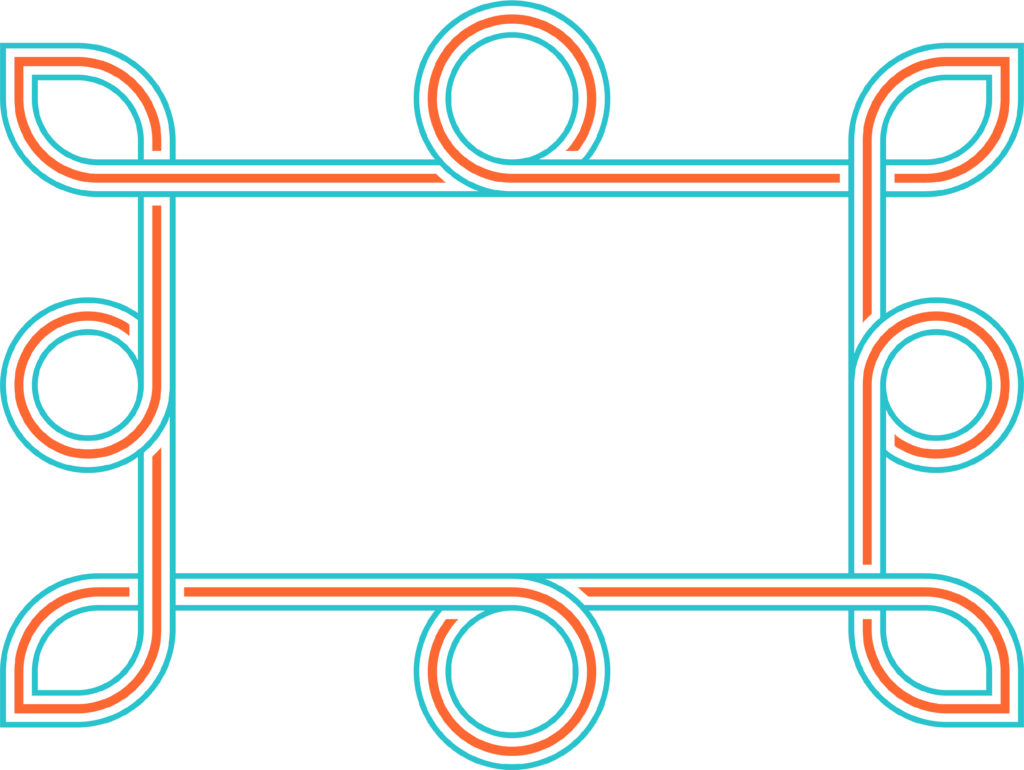Elder care
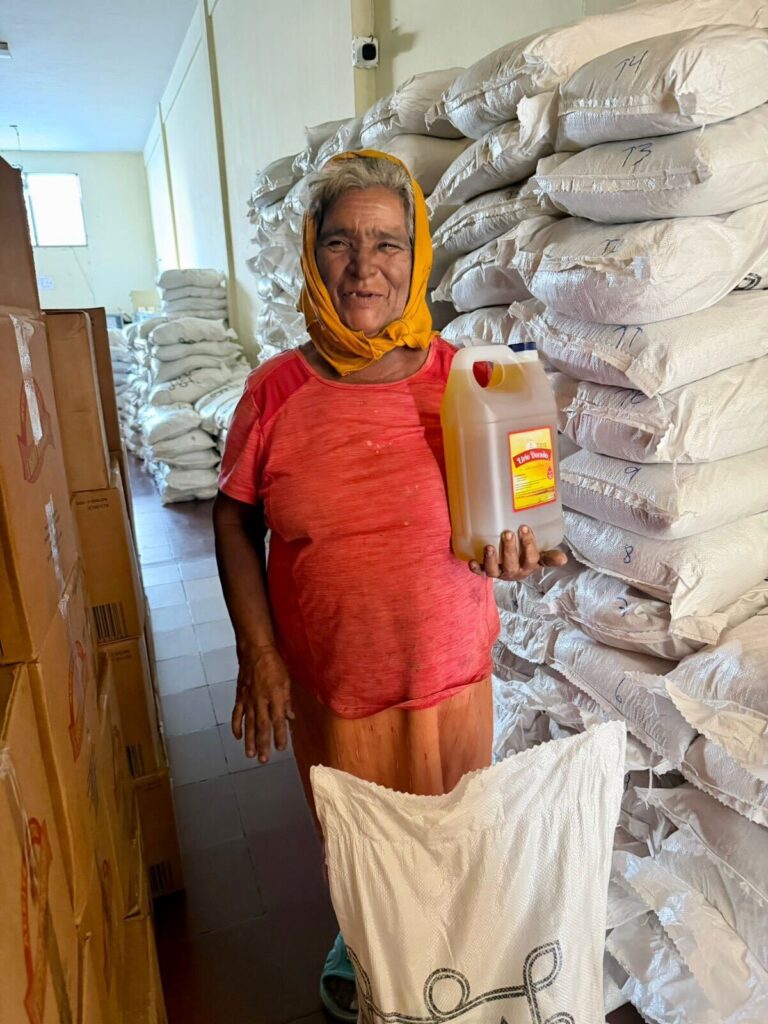
The Fara Foundation is committed to supporting the dignity, health, and nourishment of elderly individuals in Nicaragua. While we do not operate eldercare facilities, we provide direct support to trusted local institutions that care for elderly populations who often lack family support or resources.
Through these partnerships, we help ensure elders are cared for with respect, compassion, and consistency—honoring lives that deserve dignity at every stage.
Our eldercare efforts support long-established local care homes that provide daily shelter and essential services for elderly men and women in need. These institutions serve elders who may be abandoned, living in extreme poverty, or facing age-related health challenges without family assistance.
Care focuses on stability, nourishment, and maintaining quality of life in a safe, supportive environment. The Fara Foundation’s role is to support and strengthen these efforts by addressing essential needs and helping ensure continuity of care.
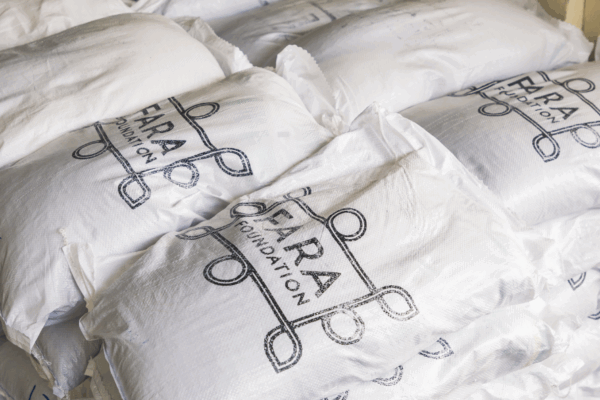

How the Fara Foundation Supports Eldercare
Through our partnerships with trusted local institutions, the Fara Foundation helps provide:
Food Assistance
Regular food support to ensure residents receive consistent, nourishing meals that support their health and well-being.
Medications and Medical Equipment
Funding and sourcing of essential medications, mobility aids, and basic medical equipment needed for daily care, comfort, and safety.
Operational Support
Ongoing assistance that helps sustain daily operations and ensures residents receive attentive, compassionate care.
Many elderly individuals in Nicaragua face aging with limited resources, declining health, and little or no family support. Access to regular meals, medications, and basic care can make a meaningful difference in preserving dignity and quality of life.
By supporting trusted local institutions already embedded in their communities, the Fara Foundation helps ensure elders receive care that is respectful, consistent, and rooted in compassion.
